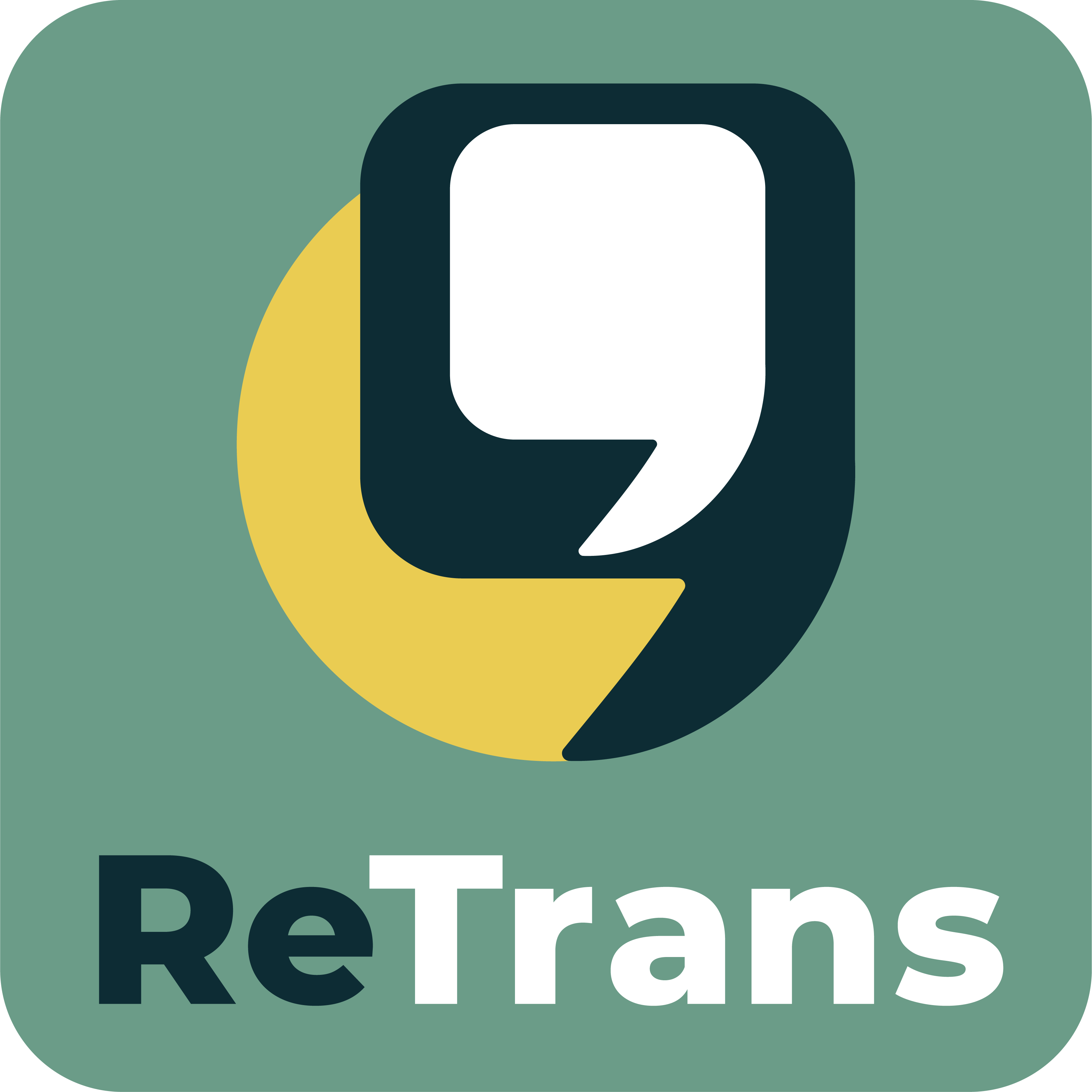Before the Russian attack on Ukraine, the demand for Community Interpreting in the Czech Republic and Slovakia was very low – considering that these countries had the lowest numbers of migrants in Europe. After the outbreak of war, the interpreting demand increased in both countries and also in Austria.
Who are the interpreters who ensure communication between public institutions and refugees? What does their training profile look like? What are their needs and what obstacles do they face?
Students from Nitra, Ostrava, Prague and Vienna dealt with these questions in numerous lectures and workshops. They familiarised themselves with different aspects of Community Interpreting training and professionalisation in all three countries.
The trilateral project “Kompetenz – Resilienz – Effizienz: Gemeinsam auf dem Weg zu einem komplexen Profil in der Ausbildung angehender Kommunaldolmetscher*innen” [Competence – Resilience –Efficiency: Together towards a complex profile in the training of future community interpreters] led by Michaela Kuklová and funded by AKTION Austria-Czech Republic and Austria-Slovakia ran throughout the academic year 2023/24.
In the first part of the project, we gained important insights into the communication needs of Ukrainian refugees in Austria, the Czech Republic and Slovakia. We analysed the similarities and differences between the respective countries. Due to previous experiences with refugee flows, Austria could deal better with the crisis situation than the Czech Republic and Slovakia. A new problem in all three countries is the interaction with an increasing number of deaf refugees, which poses an additional challenge. In the concluding panel discussion with Prof. Ivana Čeňková (Prague), Doz. Soňa Hodáková (Nitra) and Prof. Sonja Pöllabauer (Vienna), these topics were further explored with a special focus on education and inter-institutional cooperation during the refugee crisis. The discussion also emphasised the growing importance of Community Interpreting – a field previously unknown to many.
In an intensive workshop on mental hygiene with Doz. Soňa Hodáková, we learnt about the importance of mental health for community interpreters. We looked at challenges faced by interpreters in their everyday working life, which range from information gaps to the interpretation of serious diagnoses. In order to effectively support war refugees, interpreters need to develop effective strategies for coping with their own psychological stress. Role plays gave us practical insights into how to behave appropriately in emotionally stressful situations.
The second part of the project focused specifically on interpreting in social work and healthcare contexts. In her talk, Dr. Žaneta Zsarnóczaiová gave us insights into the preparation and process of interpreting assignments in social work. She shared her valuable experiences and explained specific family constellations, such as individual family members who partially understand the language and intervene in the interpreting process. She emphasised how important it is for interpreters to recognise difficult emotional situations characterised by fear and worry. Nevertheless, they should leave the solution to these psychological burdens to social workers. Finally, we simulated a situation in a doctor’s office, which was developed in the context of an interactive module at the University of Nitra as part of a national project.
The entire programme was complemented by the collaboration with the ReTrans project. In the workshop “Interpreting Studies meets Game Studies”, ReTrans interactive stories gave us an insight into the ethical dilemmas and problematic situations that can arise in interpreting. Interpreters are confronted with numerous internal conflicts that require both ethical and diplomatic considerations. Professional behaviour is crucial: you have to be aware of the possible consequences of your own behaviour and actions. Incorrect decisions in the game are ultimately reflected in the overall quality of the communication situations. The games developed by ReTrans not only improve the understanding of complex interpreting situations, but they also promote quick decision-making processes and the development of communication skills. These events have significantly enriched our existing training programme.
Authors: Czech students under the lead of Michaela Kuklová: Lucie Kynická in cooperation with Světlana Beránková, Adriana Šilhánková, Adam Varhol, Šárka Vomelová and ChatGPT


